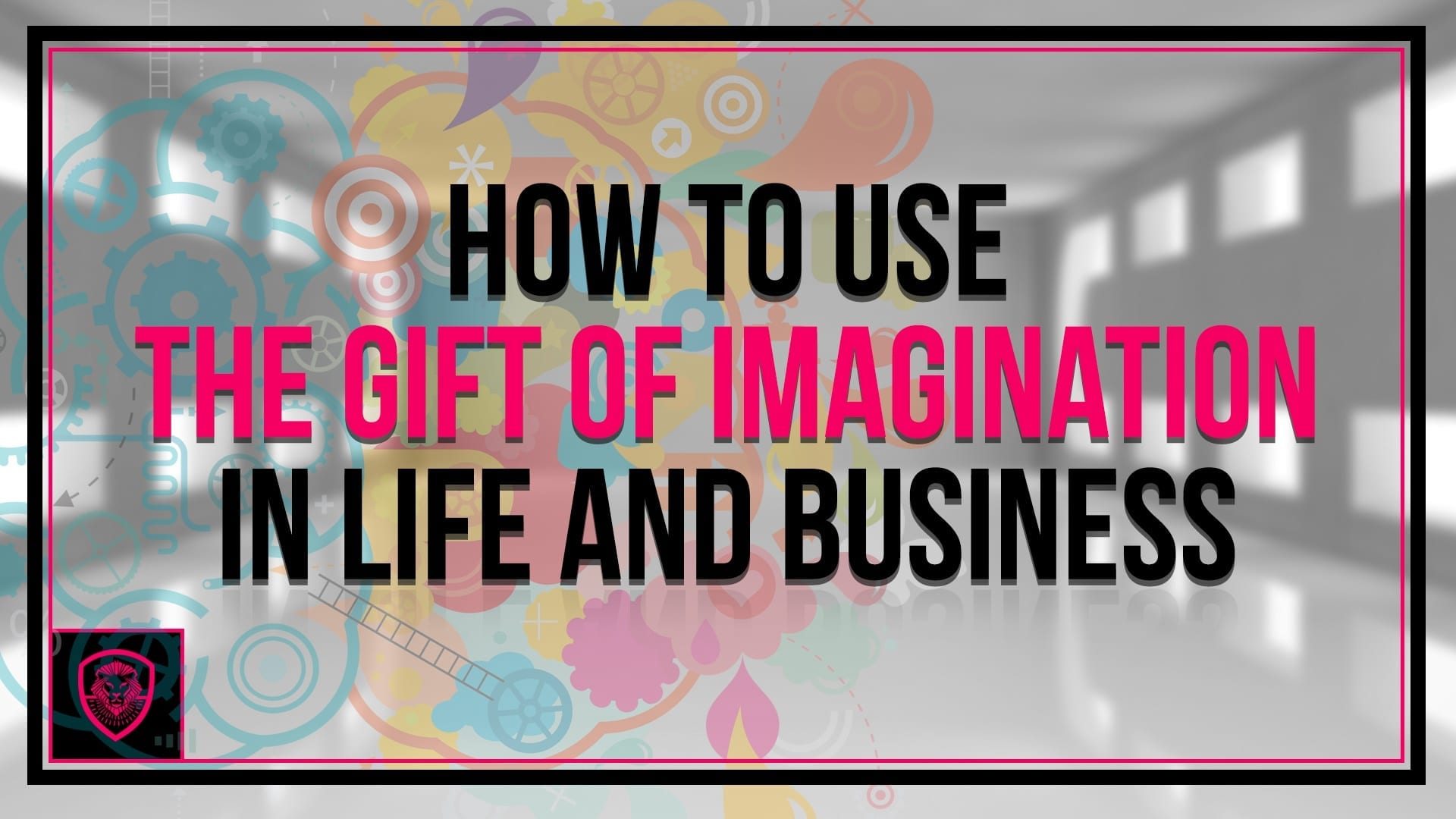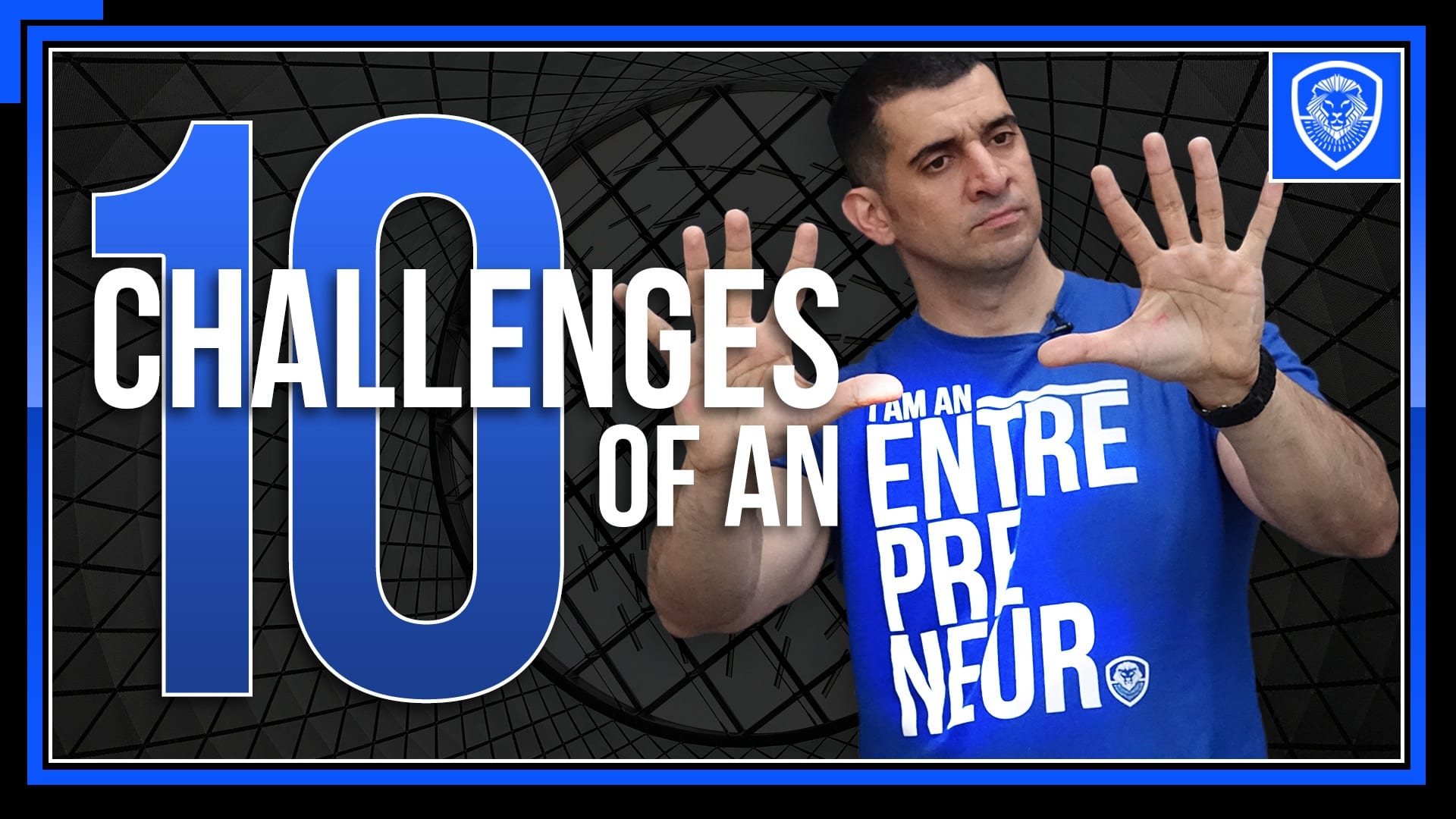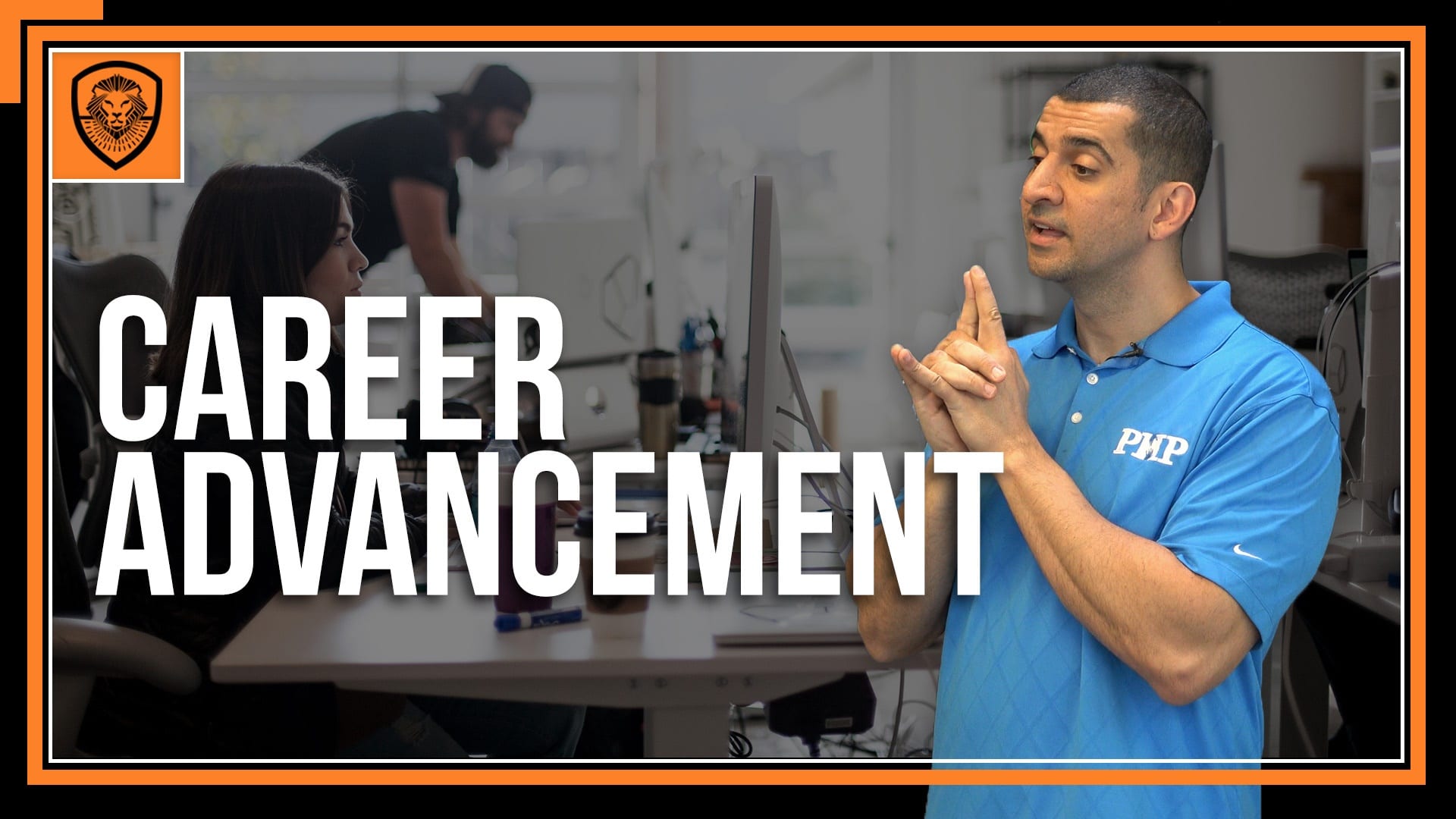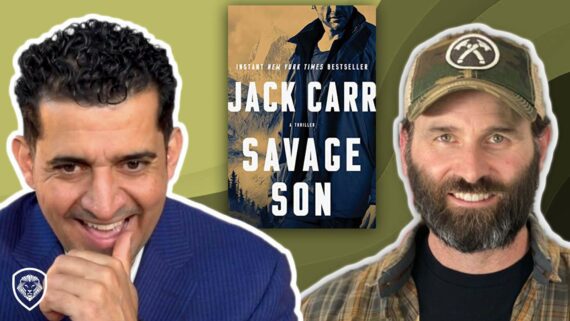Today I want to talk to you about the gift of imagination. The thing about imagination is that it can be good or bad. It all starts with the questions we ask ourselves.
First, consider the type of emotions these “what if” questions provoke.
What if I. . .
- had a 4.0 GPA in high school and I got a full-ride scholarship to Harvard. What would my life look like?
- would have married my high school sweetheart?
- wouldn't have married my high school sweetheart?
- was a cowboy and I grew up on a ranch and I wore a cowboy hat. What if I had a big belt buckle and spoke like a cowboy and went horseback riding all the time. What would life look like?
- had parents that were multi-millionaires and I lived in this 10,000 square foot home? What if I went to a private school, and drove a Maserati to school? I was the coolest cat in school because my parents were so rich. What would have life looked like?
- had parents that didn't get a divorce? What if my parents stayed together?
- didn't grow up in an environment where there was war, and everything was fine and peaceful?
- would have grown up in an environment that was hostile? It would have taught me more toughness.
- would have joined the military? That would have been pretty interesting.
- became a cop? What would have happened?
- grew up in a family where my mom and dad were gangsters and I was a thug myself?
- grew up in a mobster family, and I ended up becoming a mobster? What would life have looked like?
- wouldn't have bought that business that went out of business?
- had never bought that one stock that everybody told me to buy? I should have never bought that stock. What would have happened? I'd still have $173,000. What would have happened?
A Very Strong Weapon
See, all those questions have to do with our gift of imagination. And the gift of imagination is a very, very unique thing we've been given. And it's a very strong weapon if you let it loose.
Let me explain to you why. See, imagination has a negative side and a positive side. Generally, the questions on both sides start with, "what if?".
The problem with the "what if" questions listed above is that you can't control the outcome of those, because the decisions have already been made. All you can do is learn from them, move on, and make better choices in the future.
The other kind of what if is what if I. . .
- decide to change my diet and I lose 30 pounds? What will life look like?
- learn to communicate better with my family?
- work harder?
- travel the world?
These are examples of a positive use of the gift of imagination. It's about possibilities, being excited about the unknown, and looking forward to tomorrow. Those are the kinds of questions that make you excited to wake up in the morning. It's the same gift of imagination but you control which side of the imagination to use.
The Basic Fundamental of Stoicism
Many people taught stoicism, but Marcus Aurelius was the main one known for it. He explains the basic fundamental of stoicism like this.
Think about what you can control, and stop trying to handle things you cannot control. Why? You can't change what you cannot control.
If you're playing poker, you've been dealt a certain hand, you have to play with that hand. You can't say you wish you had a better hand. Of course we wish we had a royal flush. But that's not the hand we got. And the point of stoicism is to play with what you currently have today. Make better decisions. Make better judgments. Improve.
Happiness will come from focusing on what you can control instead of focusing on things you cannot control. And if you want to be happy, it's best to use the gift of imagination and focus your thoughts on things you can control.
Recommended for You
If you want to grow in the positive use of the gift of imagination and creativity, be sure to check out these previous articles and videos.







